
9 super effective 'anti-cluster' foods that help increase outstanding resistance
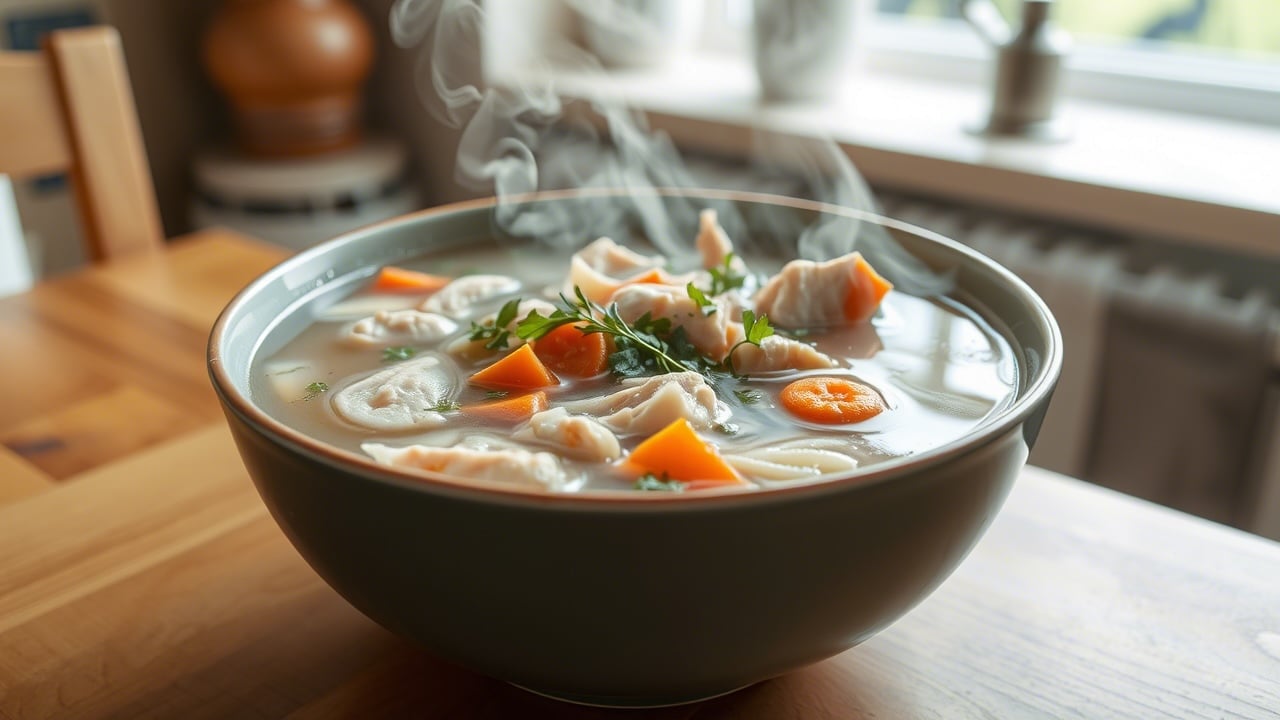
There are 9 types of "antagonistic" foods that help boost your immune system and fight off diseases. The surprising thing is that these foods are readily available in your local market and are very affordable.
Recently, the flu season has been spreading complicatedly in many countries in the region. In Vietnam, the North is entering spring, creating favorable conditions for the disease to spread, especially among children, the elderly, and individuals with multiple health conditions.
Below are some foods that can enhance your immune system, help the body resist diseases, including seasonal flu.
Sweet Potatoes
Sweet potatoes not only bring health benefits but also help strengthen the immune system, especially for skin health. The skin is a large organ in the body and acts as the first line of defense against harmful external factors. Healthy skin can reduce the risk of bacterial and viral infections, and vitamin A is an essential nutrient in maintaining skin health.
Sweet potatoes are rich in vitamin A, which helps improve skin health and boosts the ability to resist external disease-causing factors.
Tea
A study from Harvard University shows that drinking five cups of black tea every day for two weeks can increase the level of interferons, a type of antiviral protein, in the blood by 10 times compared to normal people. Additionally, the amino acid L-Theanine in tea also helps enhance immune function. This component is present in both black and green tea. However, users should limit daily tea consumption and ensure proper water intake, as drinking tea instead of water can harm health.
Seafood
Seafoods such as oysters, shrimp, crabs, and clams are rich in selenium, which helps enhance the production of cytokines by white blood cells, while also supporting the elimination of cold-causing viruses. Furthermore, fish like salmon, tuna, mackerel, and sardines, rich in omega-3 fatty acids, can reduce inflammation and protect the lungs, preventing common respiratory infections, thus boosting immune health.
Beef
Zinc is an essential mineral that activates the immune system and the function of white blood cells. Even a small deficiency in zinc can increase the risk of infections. Beef is a good source of zinc. If consumed appropriately, it can enhance immune function and reduce the risk of catching the flu or cold.
Oats
Oats contain beta-glucan, a type of fiber with antimicrobial and antioxidant properties, which helps strengthen the immune system, promotes wound healing, and improves the effectiveness of antibiotics.
Yogurt
Yogurt is a valuable source of probiotics that helps improve digestive health and boosts the body's immune function. These beneficial bacteria reduce the risk of infections caused by harmful bacteria. In particular, the gut plays an important role as an immune "base" since only with a healthy gut can we build a strong immune system.
A study conducted in Sweden lasted 80 days with 181 workers in a factory. In this study, one group was asked to consume daily supplements containing Lactobacillus reuteri, a beneficial bacteria that supports white blood cell function. The results showed that they had 33% fewer sick days compared to the control group.
However, it is important to note that yogurt and other fermented dairy products often contain sugar to balance the sour taste. Therefore, choosing yogurt without added sugar or low sugar, along with products with fewer additives, will be a smart choice to avoid further burdening the body.
Chicken Soup
Chicken soup is a nutritious dish. When chicken meat is cooked, it releases an amino acid called cysteine. This substance works similarly to acetylcysteine, a common ingredient in medicines for loosening mucus, often used to treat colds. Cysteine helps loosen mucus, reducing discomfort in the early stages of a cold.
To enhance the effectiveness of chicken soup, you should add garlic or onions during the cooking process, as they both have excellent immune-boosting properties.
Mushrooms
Many studies have shown that mushrooms can stimulate the development and activity of white blood cells, thus enhancing the body's immune system against bacteria. At the same time, mushrooms are also a rich source of nutrients like selenium, vitamin B2, and niacin.
Studies show that low selenium levels can increase the risk of severe cold symptoms. Additionally, vitamin B2 and niacin help maintain a healthy immune system.
Garlic
Garlic is well-known for its allicin content, which effectively combats infections and bacteria. Additionally, garlic is considered a probiotic, stimulating the growth of beneficial bacteria in the gut, thereby supporting overall health and boosting immune function.
A study in the UK conducted a 12-week experiment with 146 participants. During this period, one group used garlic extract while another group took a placebo. The results showed that those who consumed garlic had a 2/3 lower risk of catching a cold compared to the other group.
News in the same category


3 Common Mistakes When Using Plastic Wrap That Can Cause Cancer and Are Often Made by Many People

What Do Vertical Nail Ridges Mean After 40

What Your Favorite Ice Cream Flavor Says About You

Eggplant The King of Vegetables

Drinking honey in the morning is good for digestion, but drinking it at 3 o'clock in the morning detoxifies the liver, making it twice as effective

Put this thing in a lemon and put it in the corner of the house. Once the mosquitoes go away, they won't come back

The Mystery of the Milk Bottle Dent

Easy Trick Will Defrost Your Car Window in Seconds

Drink 1 of these 5 drinks every morning and cancer will stay away 👇👇
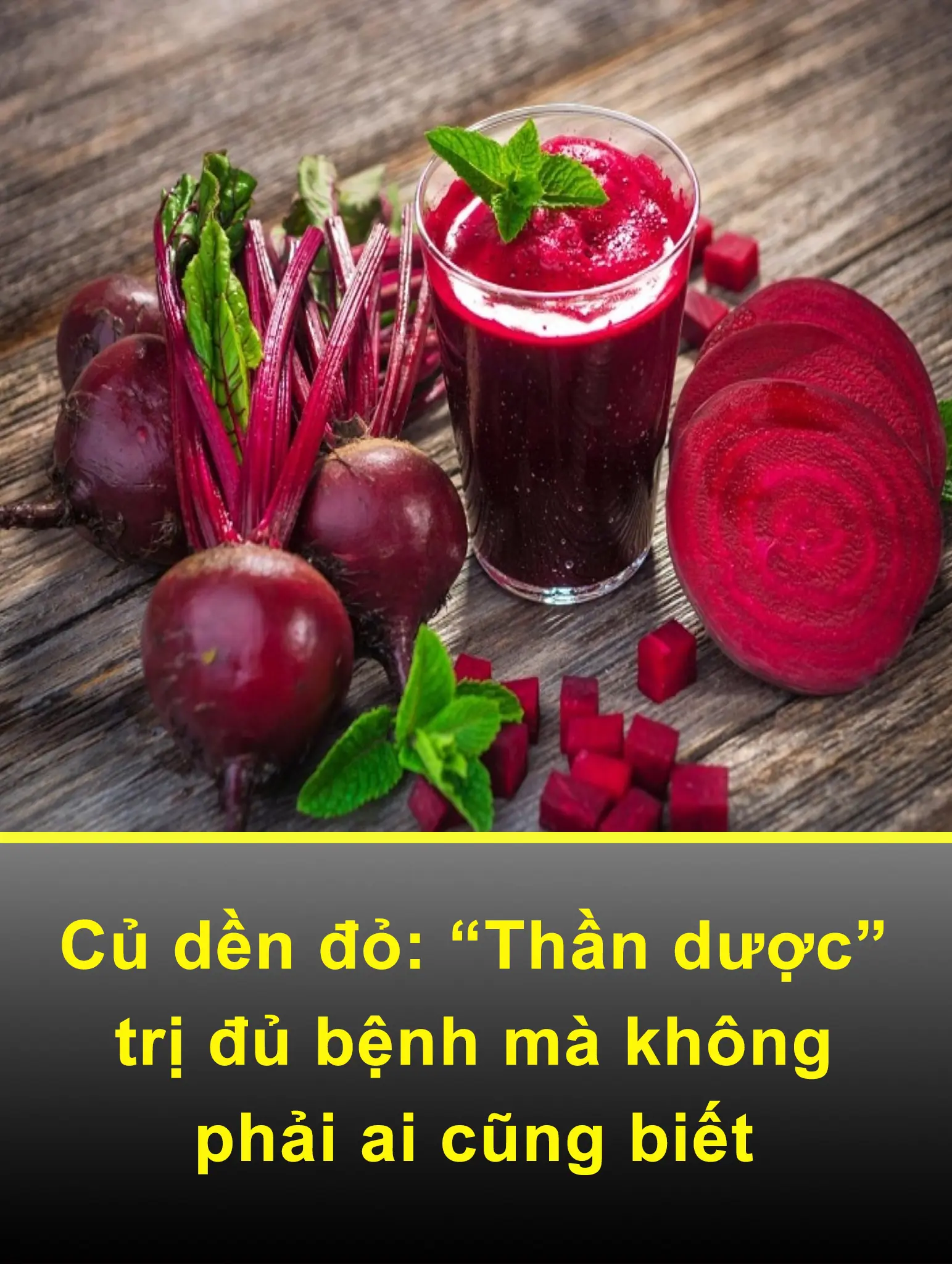
Red beetroot: "Miracle drug" that cures many diseases but not everyone knows 👇👇

The refrigerator gasket is moldy, use this to clean it, it will be clean in just 5 minutes

How to make chicken mixed with Vietnamese coriander that the whole family will love

The fruit that grows in gardens and is rarely eaten turns out to be an autumn 'miracle drug', better than ginseng and bird's nest.

It's been a long time since I've seen this plant. It has good effects but is hard to find.
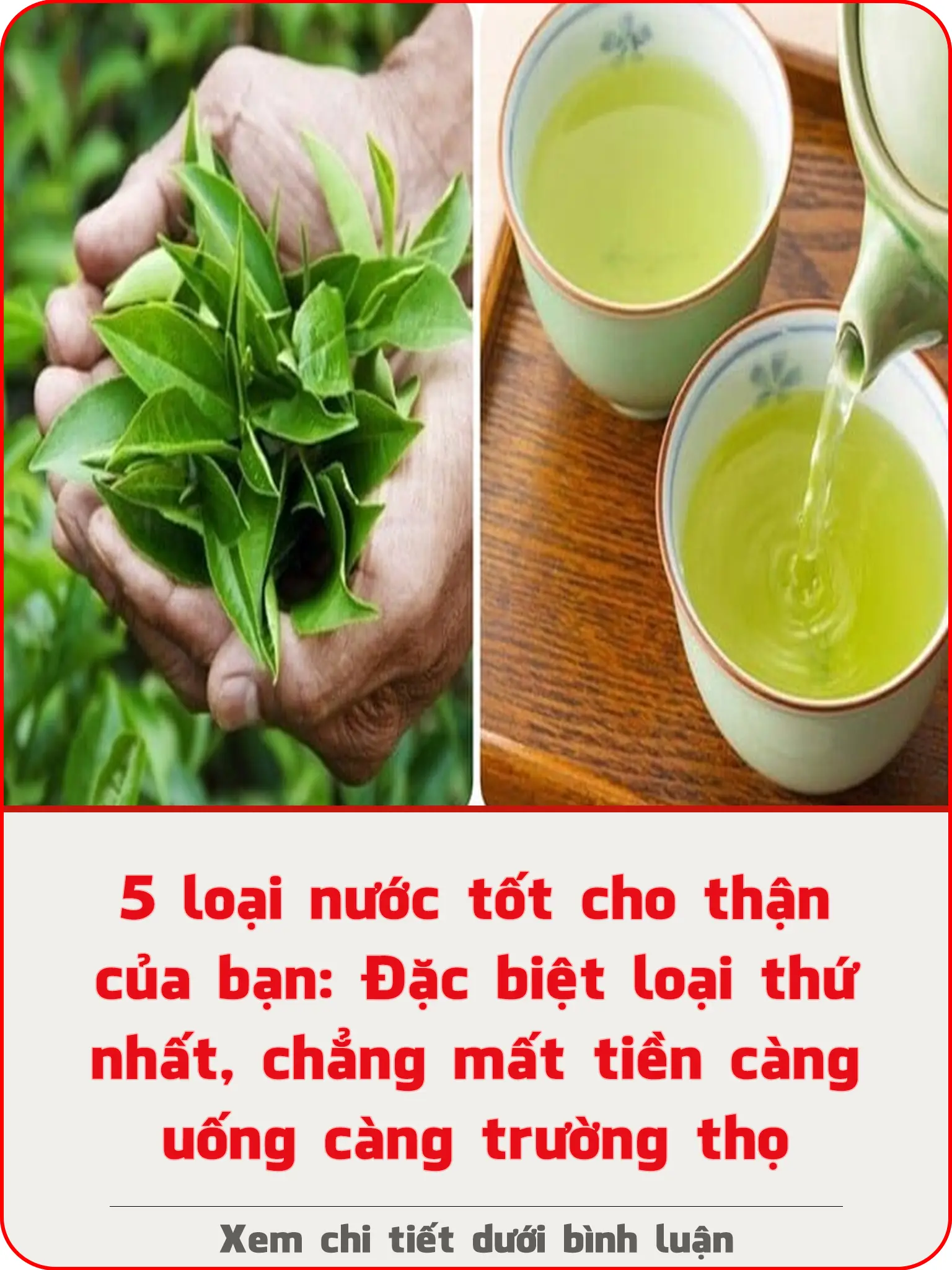
5 types of water good for your kidneys: Especially the first type, it's free and the more you drink it, the longer you live.

How to wash hair with betel leaf water helps reduce hair loss and makes new hair grow continuously

How to grow papaya in pots, fruit is heavy, big and sweet

Save millions of electricity bills every year by knowing how to clean this part of the rice cooker
News Post

Growing Wildflowers: A Mother’s Journey Through the Chaos

The Baby in Princess Diana’s Arms

A Lifetime in Bloom: Lois Shows Us What Passion Truly Grows

Farewell to a Giant Soul: Vatsala the Elephant Passes at 100

Keeping the Monsters Away: The Quiet Heroism of Foster Parents

From Sidewalk to Forever: A Daughter’s Choice That Changed Everything

A Thirst for Life: Cyclists Halt Ride to Save Parched Koala in Australia’s Heatwave

An Actor’s Greatest Role: Morgan Freeman Becomes a Guardian of Strays

When a Celebration Became a Goodbye: A Daughter’s Farewell to Her Faithful Companion

Bella the Hero: How a Pit Bull’s Loyalty Saved a Life

No Matter How Dirty You Are, Absolutely AVOID These 7 “Dangerous Hours” When Washing Your Hair to Prevent Stroke, Sudden Illness, or Hospitalization Without Warning

3 Common Mistakes When Using Plastic Wrap That Can Cause Cancer and Are Often Made by Many People

A Kiss from Joy: The Language of Love Between Elephants and Humans

What Do Vertical Nail Ridges Mean After 40

A Brave Fight for Life: Kuba’s Battle Against Ewing’s Sarcoma
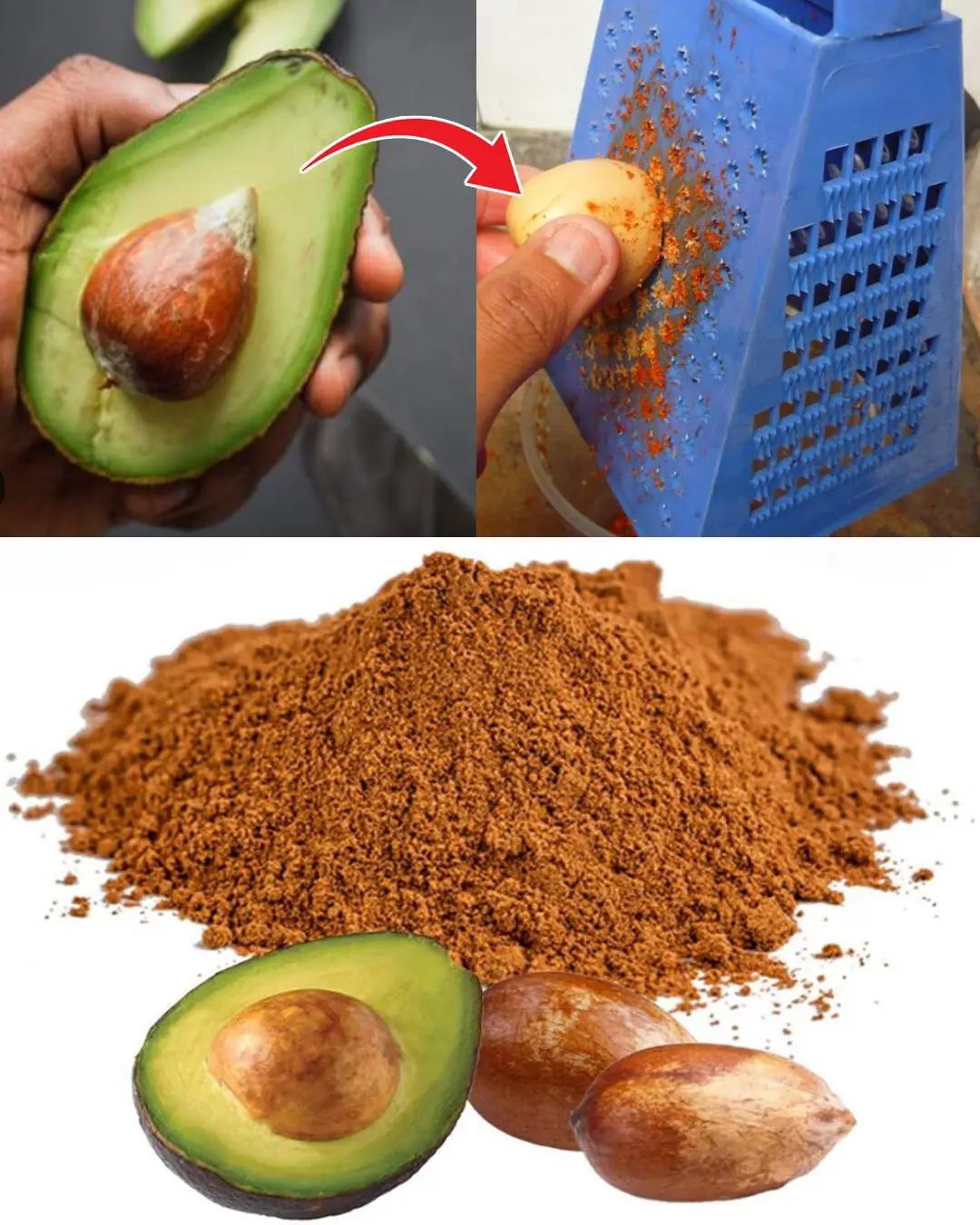
Avocado Seeds Benefits: 7 Reasons to use them

9 Signs You’re Actually Going Through Menopause (Even If You Didn’t Realize It)
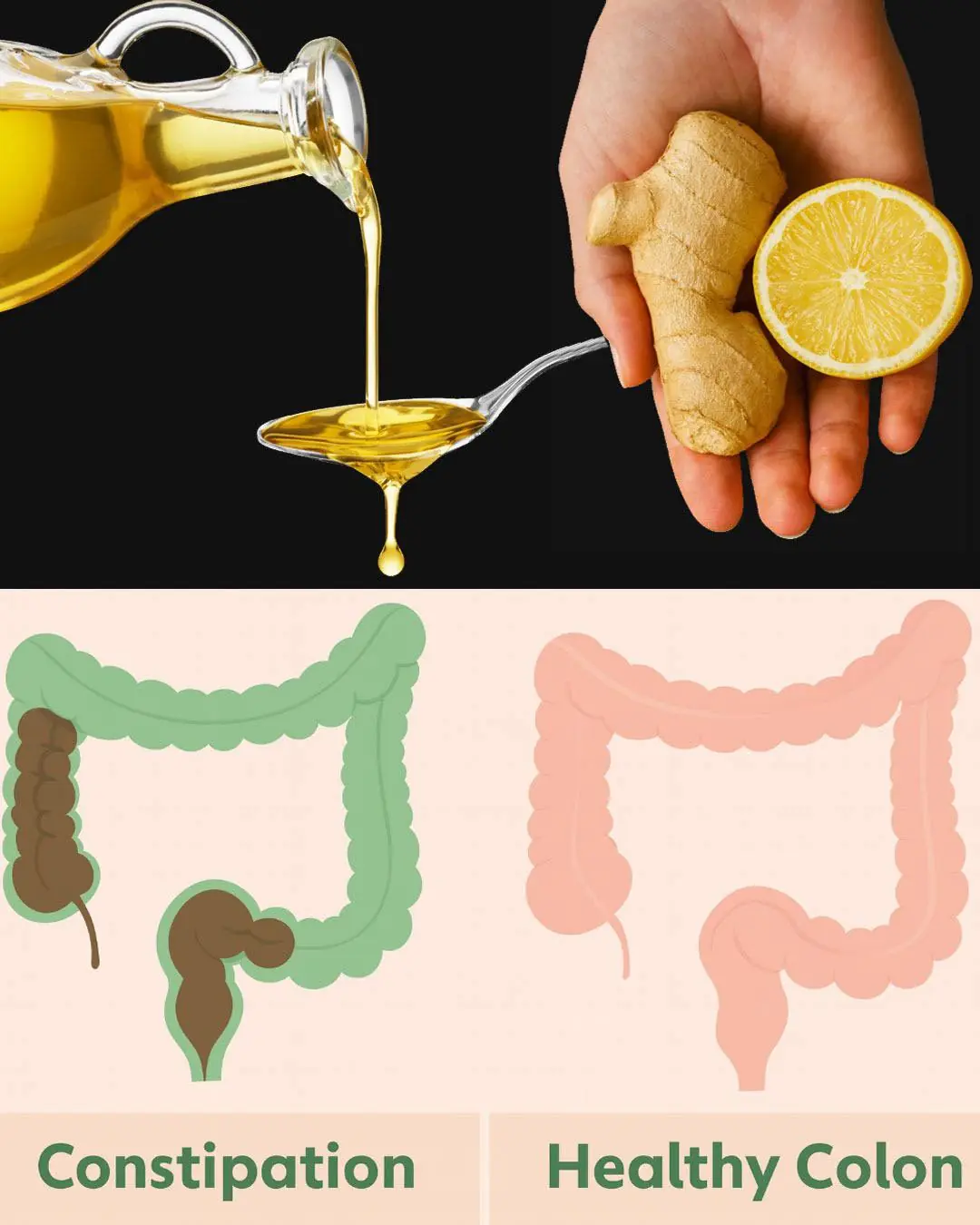
Morning Detox Elixir: Olive Oil, Lemon & Ginger – The Natural Cleanse You Need Daily

Nine Children in Dawsonville Get the Gift of a Bed, Comfort, and Peaceful Sleep
